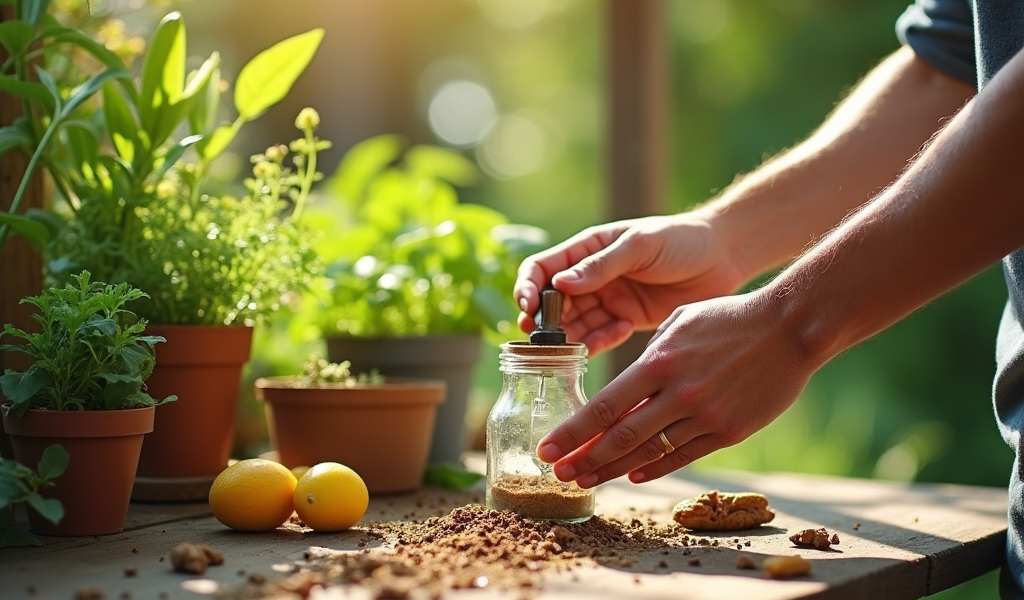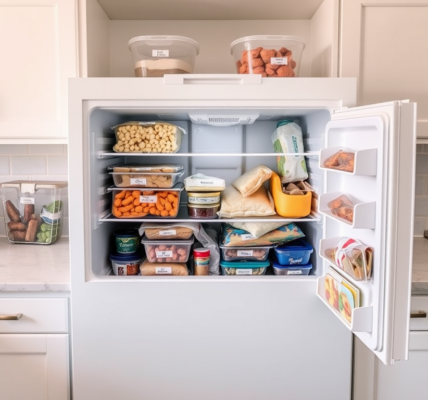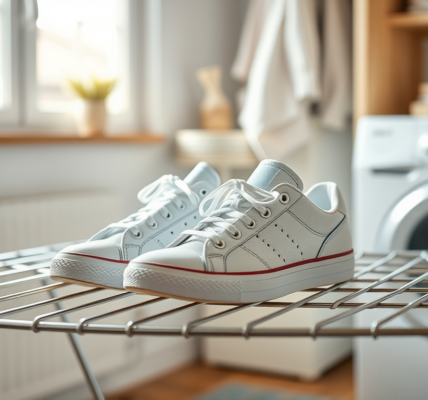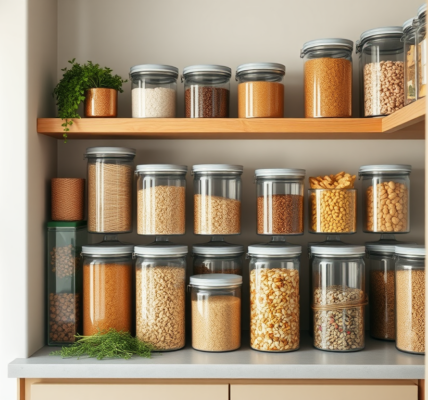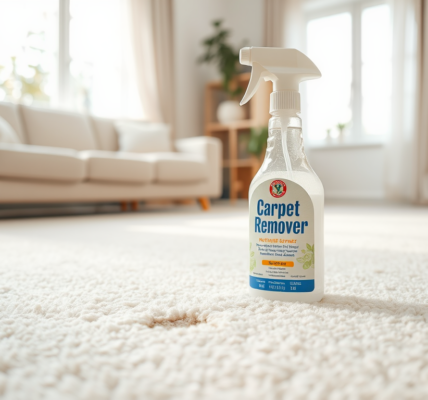If you’re tired of chemical-laden weed killers that are harmful to both the environment and your health, then it’s time to switch to a homemade solution. You’ll be pleased to know that it’s possible to make an effective, chemical-free weed killer using simple ingredients you might already have at home. This article guides you step-by-step through the process, detailing what you’ll need, how to combine these elements, and the most effective way to apply the mixture for optimal results.
Why Choose a Homemade Weed Killer?
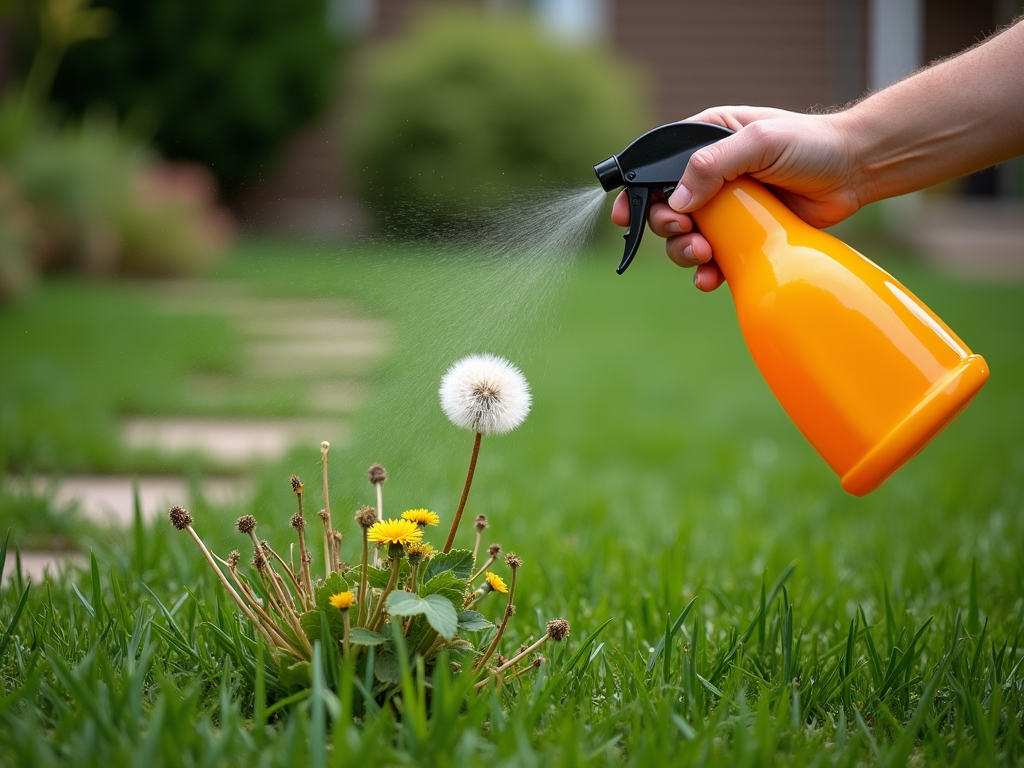
The use of chemical herbicides raises not only environmental concerns but also health issues. Synthetic weed killers can seep into the soil, affecting surrounding plants, beneficial insects, and even groundwater. As people become more aware of these dangers, a growing number of gardeners and homeowners are opting for natural alternatives. Homemade weed killers provide an eco-friendly, safer choice that can be just as potent as commercial products when made and applied correctly. Best of all, they are cost-effective and easy to prepare, making them a practical choice for everyone.
Essential Ingredients for Your Homemade Weed Killer
Creating an effective homemade weed killer relies on a few essential ingredients, each with a specific role in combatting unwanted plants.
- Vinegar: The acetic acid in vinegar is capable of breaking down weeds’ cell walls, drying them out effectively.
- Salt: Salt dehydrates plants and disrupts their root systems, making it difficult for weeds to retain necessary moisture.
- Dish Soap: Acting as a surfactant, dish soap helps the vinegar and salt stick to the weeds, ensuring they penetrate more effectively.
Combined, these components create a powerful, natural weed killer that’s simple to make and use.
With your ingredients ready, follow these steps to mix your homemade weed killer:
Start by combining 1 gallon of white vinegar with 1 cup of salt and stir until the salt is fully dissolved. It’s important the salt dissolves completely to ensure an even distribution. After the salt has dissipated, add 1 tablespoon of liquid dish soap to the mixture, stirring gently to avoid excessive foaming. Pour the solution into a spray bottle for easy application. Make sure the bottle is clean and free of any previous residues that might alter the chemical balance of your homemade remedy.
Applying Your Chemical-Free Weed Killer Effectively
Effective application is key to ensuring your homemade weed killer works to its fullest potential. Choose a day when the weather is dry and without wind – moisture can dilute the solution, while wind might spread it to plants you wish to keep. Thoroughly spray the solution onto the leaves of the weeds, focusing on the center of the plant. For best results, apply the spray during mid-day when the sun is at its peak, as heat enhances the drying effect of the vinegar and salt mixture. Remember, though, that this concoction is non-selective, meaning it can harm desirable plants if not applied carefully. Always aim precisely at the weeds you’re targeting.
Final words
Homemade weed killers are a cost-effective, chemical-free alternative to commercial herbicides. By using natural ingredients such as vinegar, salt, and dish soap, you can efficiently manage weed growth without inflicting harm on the environment or risking your health. As you become more familiar with these natural solutions, you’ll not only maintain your garden’s aesthetics but also contribute to a healthier planet. This method of weed control allows for a sustainable approach that benefits both your garden and the broader ecosystem.
Frequently Asked Questions
1. Can this homemade weed killer harm my pets?
While the ingredients are less toxic than commercial products, it is still best to keep pets away from freshly treated areas until the solution dries.
2. Will the vinegar mixture kill grass as well?
Yes, this solution is non-selective, meaning it can kill both weeds and grass, so apply carefully only to the areas you wish to treat.
3. How often should I apply this homemade weed killer?
For persistent weeds, you may need to reapply every few days, especially if rainfall occurs, diluting the solution’s effectiveness.
4. Is it safe to use this mixture on edible plants?
It’s recommended to avoid using this solution on edible plants, as the salt content can affect soil quality and plant health.
5. Can I store the leftover solution?
Yes, you can store the mixture in a cool, dark place for future use. Just shake well before each application to ensure the ingredients are mixed properly.
